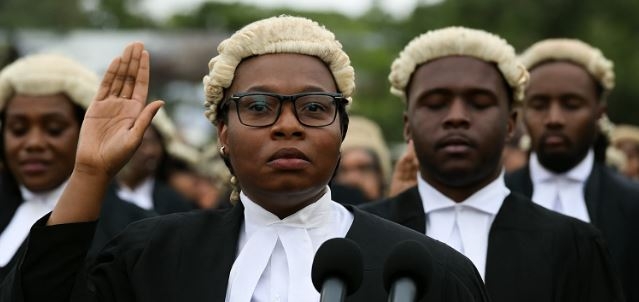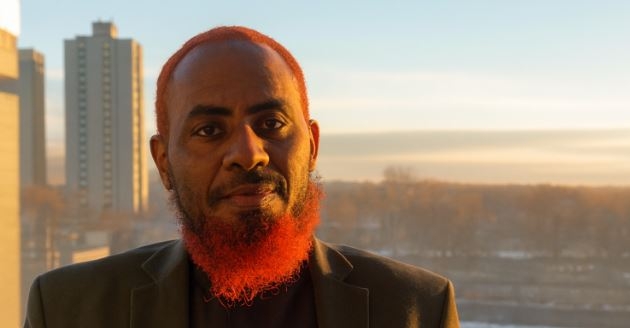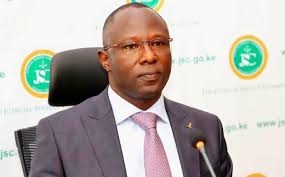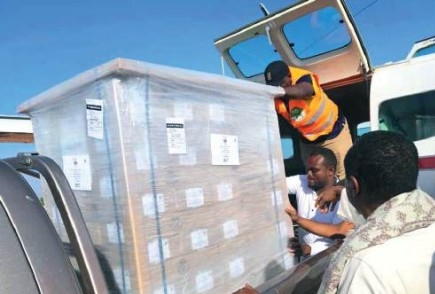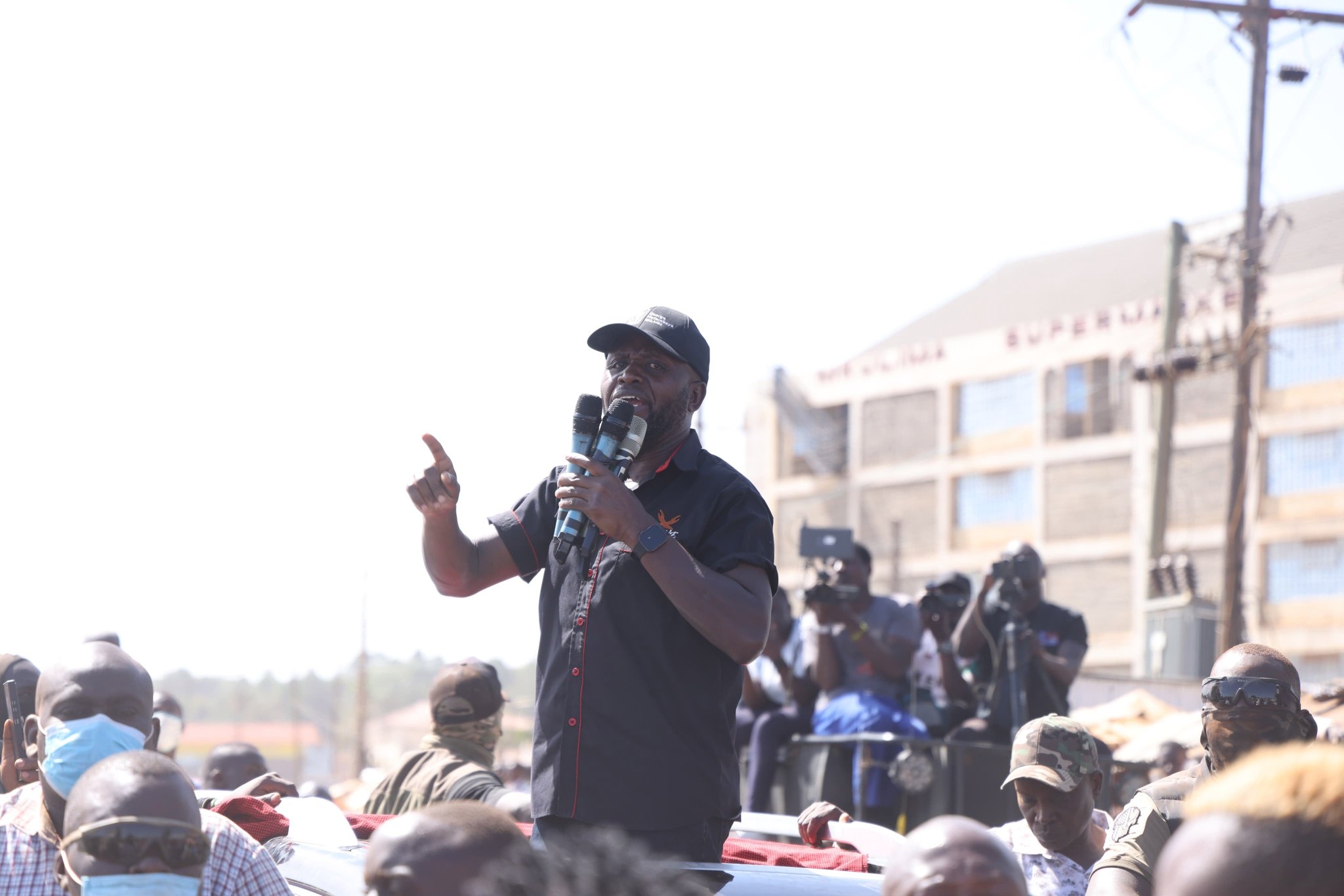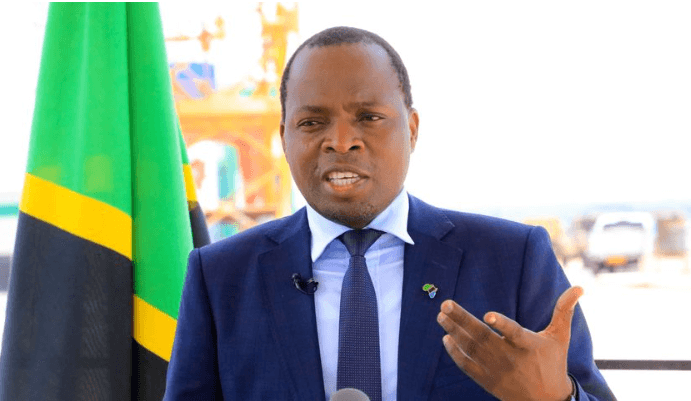Former Interior Cabinet Secretary Fred Matiangi on Wednesday fought claims that he caused a Sh600 million loss to two universities by directing closure of two satellite campuses.
MPs have been making inquiry into circumstances that led to the closure of Kenyatta University, Kigali campus, months after the institution used Sh518 million to set up the campus.
The lawmakers accused the former Education CS of issuing a similar directive that led to closure of Jomo Kenyatta University of Agriculture and Technology campus in Arusha, Tanzania. The directive was issued without consultations with key stakeholders.
Bumula MP Wamboka Wanami who chairs the National Assembly Committee on Governance and Education said the closure amounted to outright wastage of public resources.
“The Committee invited the former Cabinet Secretary for Interior and Coordination of National Government Dr. Fred Matiangi regarding the directive to close all public campuses operated by public universities outside the country during his tenure as the Cabinet Secretary for Education,” he said.
“It is in public domain that the country lost Sh0.6 billion as a result of the directive.”
The MPs yesterday put Matiangi to task to explain the rationale behind the decision to close the campuses.
“We requested you to furnish this committee with the financial implications of this decision, especially regarding the funds already invested in setting up these campuses,” Wamboka said.
“We also want you to tell us the extent of consultation with the university management and other relevant stakeholders before making the decision.”
Matiangi, who appeared before the committee virtually from Washington DC said the decision to close the campuses was made by the government after the host countries made it impossible for the university to operate.
This is the second time the CS was appearing in public since March this year when he appeared at the DCI headquarters to record a statement over an alleged police raid at his house in February.
“It was a government decision and not a personal decision. The campuses were not closed on a motion of the government or the universities management. They were closed by authorities and regulators in Rwanda and Tanzania,” Matiangi told the Committee.
“There is evidence that the government even tried to intervene and engage the authorities in Rwanda but the authorities there were difficult.”
Matiangi said the host governments even amended the law to make it difficult for the campuses to operate.
The MPs dismissed the former CS's explanation saying a local, private university was able to establish and operate a campus in the same country.
“It is interesting that private universities were not closed. Why was a public university ordered to close while private a university like Mount Kenya University was able to set up a campus and operate?” Central Imenti MP Moses Kirima asked.
The lawmakers also accused the former powerful minister of failing to carry out due diligence before approving the setting up a campus in a foreign land.
In his defense, the former CS said the setting up of satellite campuses was okayed by his predecessor Professor Jacob Kaimenyi.
“By the time I was moved to the Ministry of education, the work of establishing campuses was underway so it is not accurate to say that I authorised them,” Matiangi said.
Wamboka ruled the Committee will schedule another meeting to be attended by Kaimenyi to ascertain the matter.
The sitting at parliament buildings was also attended by Kenyatta University Vice Chancellor Prof Paul Wainaina and his predecessor Prof.Olive Mugenda.
The inquiry was necessitated by an audit query flagged in the Auditor General’s report for the financial year 2019-20 which showed that the varsity closed despite spending Sh600 million.
According to the Auditor General, there were no economic returns to the country as a result.
The Committee travelled to Rwanda on September 27, to investigate why the campus was not operational.



